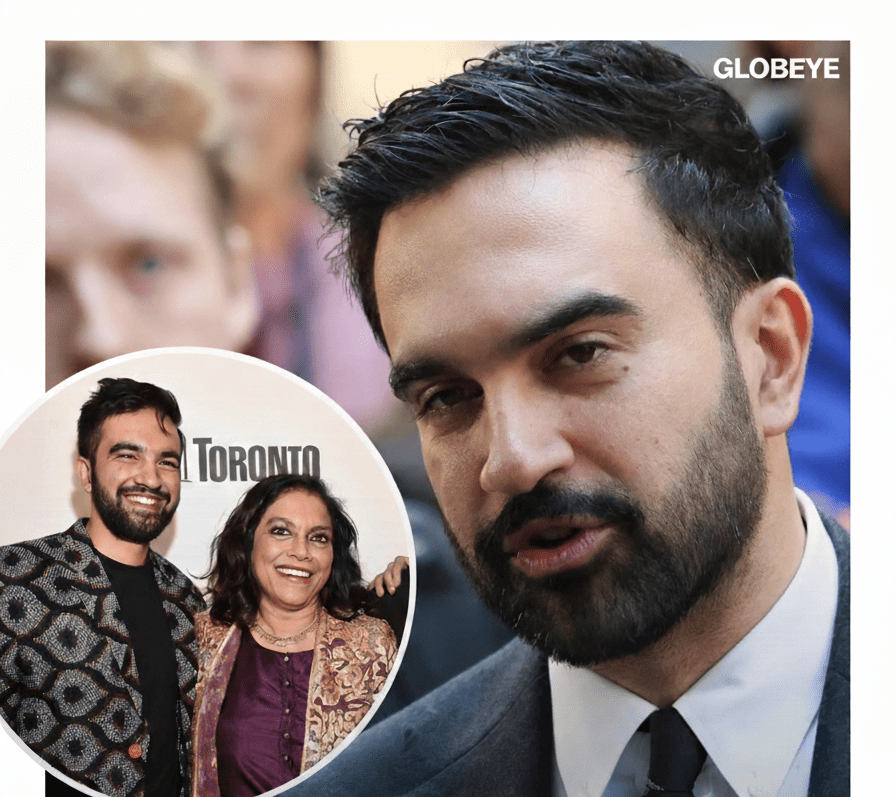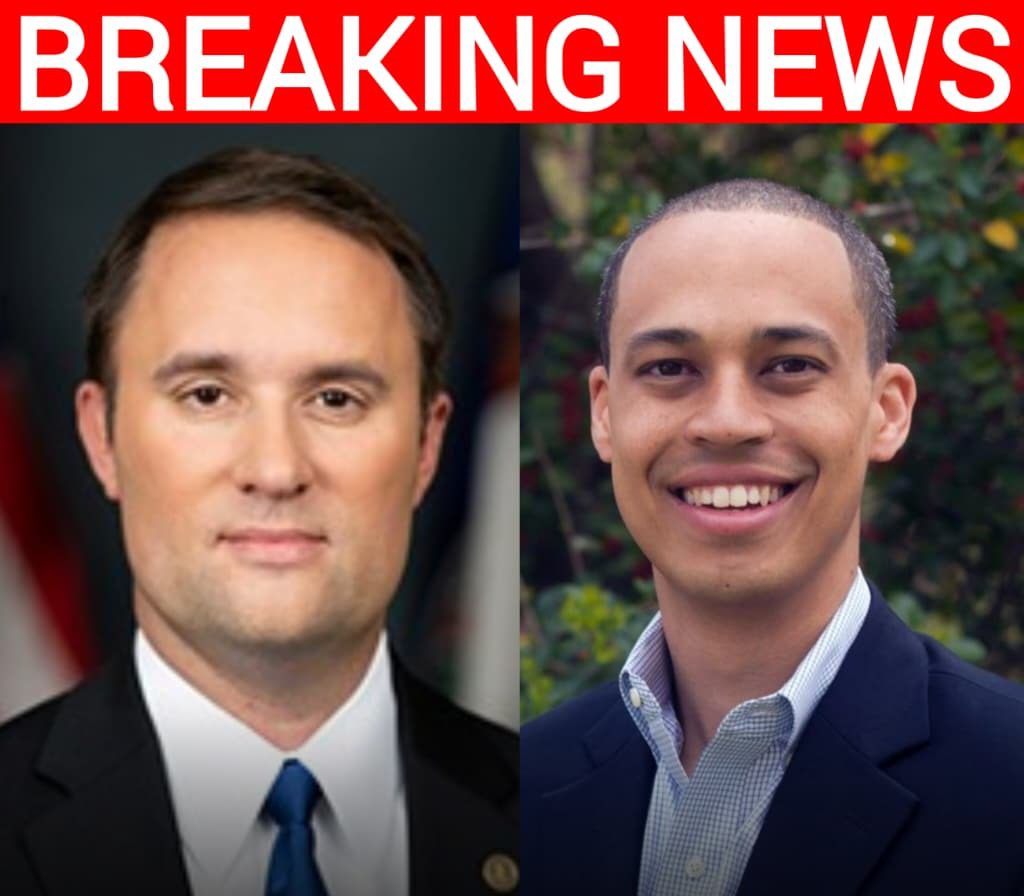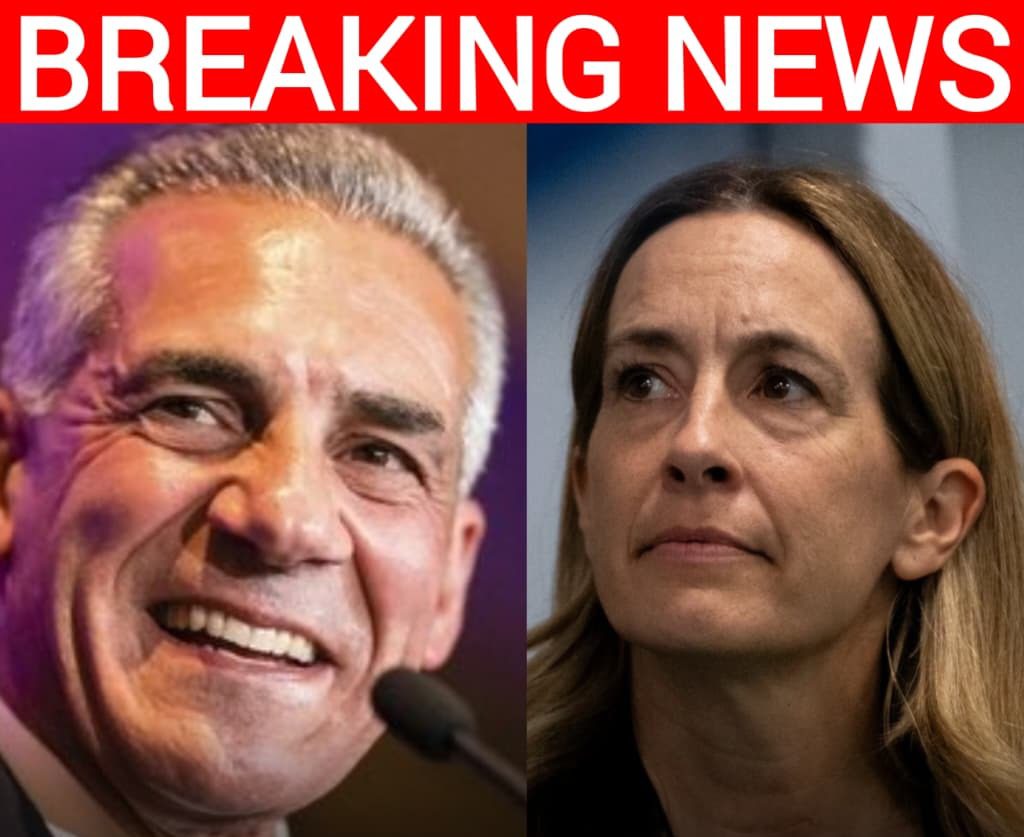In a resurfaced 2013 interview, Mira Nair described her son, NYC mayoral candidate Zohran Mamdani, as “not an American at all” — comments raising questions about heritage and identity
A remark from filmmaker Mira Nair about her son, mayoral frontrunner Zohran Mamdani, has re-emerged just as his campaign for New York City’s top job picks up speed. In a 2013 interview with the Hindustan Times, Nair referred to her then-21-year-old son as “not an American at all,” saying he was deeply rooted in Indian and Ugandan identity. The comment, given before Mamdani became a U.S. citizen in 2018 and long before his run for mayor, now carries renewed significance in light of his rising political ambitions.
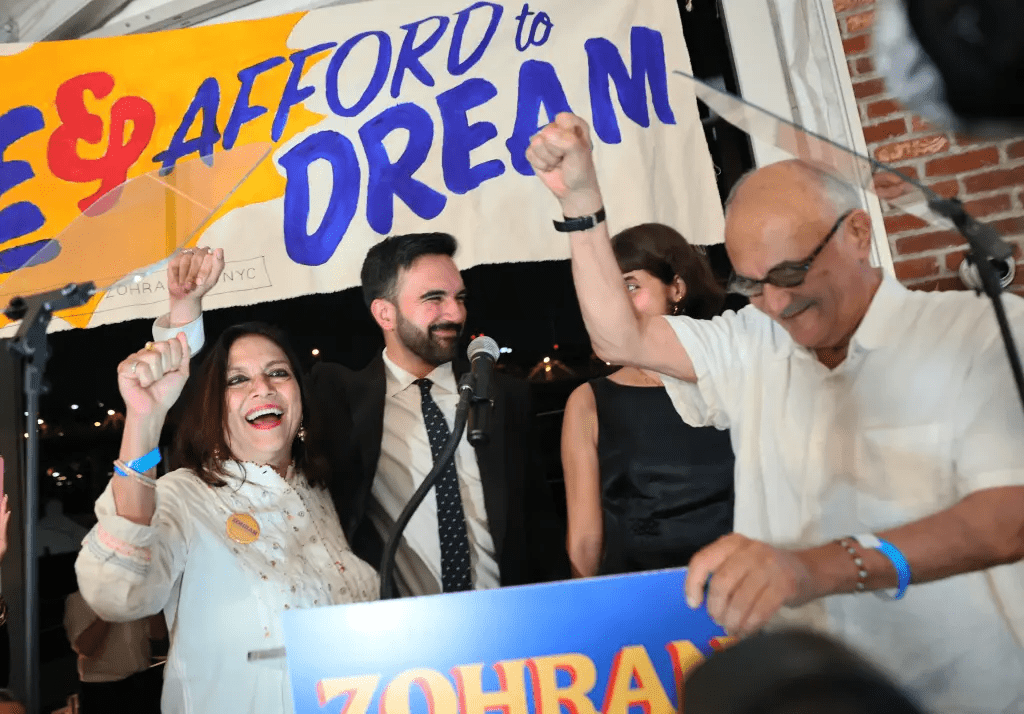
In the interview, Nair remarked that the family spoke Hindustani at home, and described her son as “a total desi,” a colloquial term used in Hindi and Urdu to describe someone of Indian origin. She explained that although Mamdani moved to the United States as a child, his upbringing in Uganda and India left him more comfortable thinking of himself as Indian or Ugandan than strictly American. “He is very much us. He is not an Uhmericcan (American) at all,” she said.
Mamdani was born in Kampala, Uganda, to Indian-origin parents and moved to New York City at age seven. He became a naturalized U.S. citizen in 2018. Today, at 33, he leads the Democratic primary race for mayor in New York, positioning himself as the city’s first Muslim and Indian-American mayor hopeful. The resurfaced remarks from his mother arrive at a delicate moment, mixing questions of cultural identity, political positioning, and voter perception.
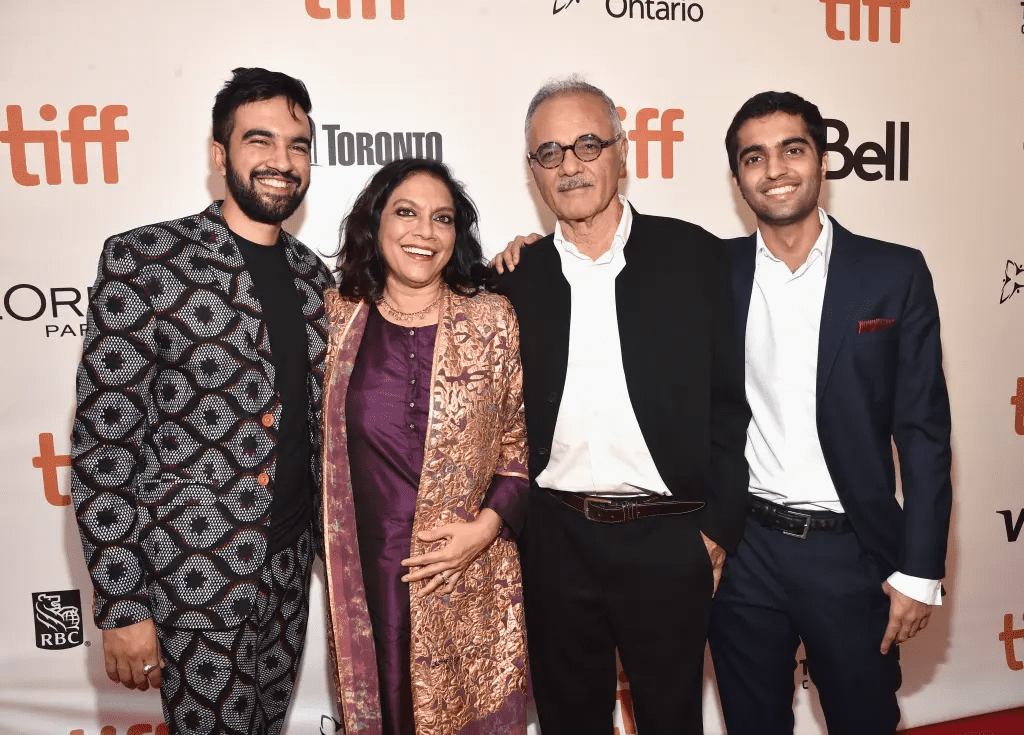
For the campaign, the remarks present a potential vulnerability. Opponents and critics may view them as a challenge to Mamdani’s rootedness in American civic identity — a concern in a race where voters often look for candidates who speak directly to local issues and community ties. Supporters argue the remarks reflect Mamdani’s global identity and multicultural upbringing. His campaign emphasises his record on housing, rent control and working-class advocacy, portraying his global background as a strength rather than a weakness.
Analysts say the timing is significant. As mayoral candidates ramp up outreach and harden voter messaging ahead of general election season, the resurfacing of past comments from a candidate’s family can shift narratives and test campaign resilience. Mamdani’s team has declined to frame the remarks as a misstep, instead pointing to his naturalisation and long-term residence in Queens, New York. The issue, they say, should not distract from a campaign grounded in addressing affordability and social justice.
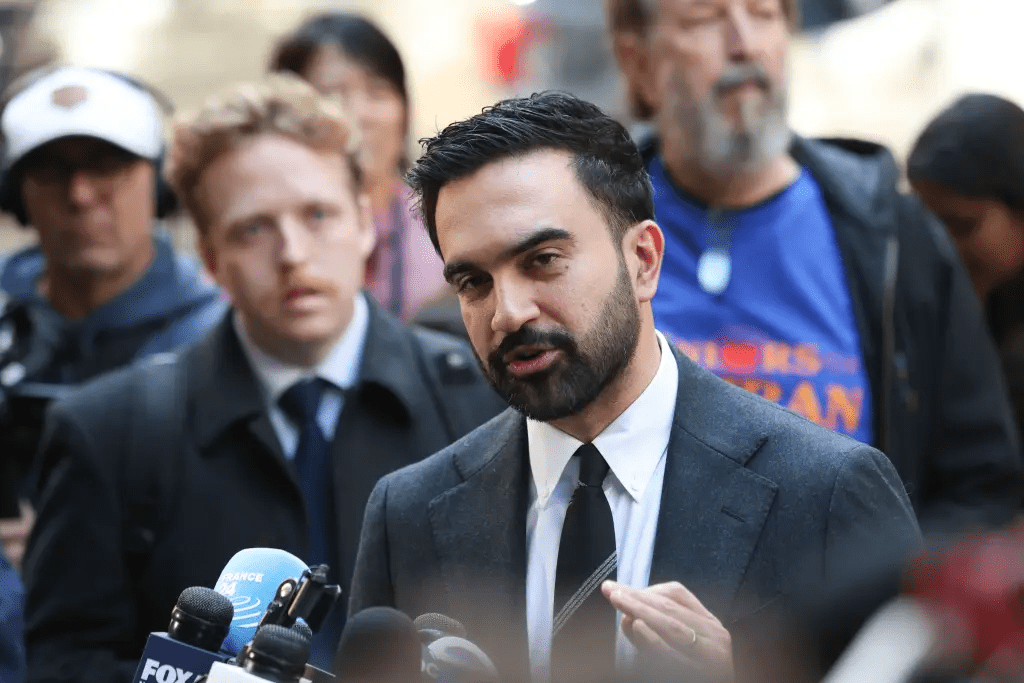
Still, for many voters, identity remains important. The idea of being “American enough” or being seen as connected to the community plays a role in urban politics, especially in a city as diverse as New York. The question now facing Mamdani’s campaign is whether he can navigate the intersection of his international roots and local appeal effectively. The resurfaced comments may ripple through debates, media coverage and voter perception in the coming months.
As the mayoral race moves forward, the spotlight will turn to how Mamdani responds — whether he addresses the remarks directly, reframes them in light of his lived experience and civic commitment, and whether voters accept his narrative of “global roots, New York focus.” The outcome may shape not only his campaign but how the city views candidates whose identities don’t fit conventional frames.
